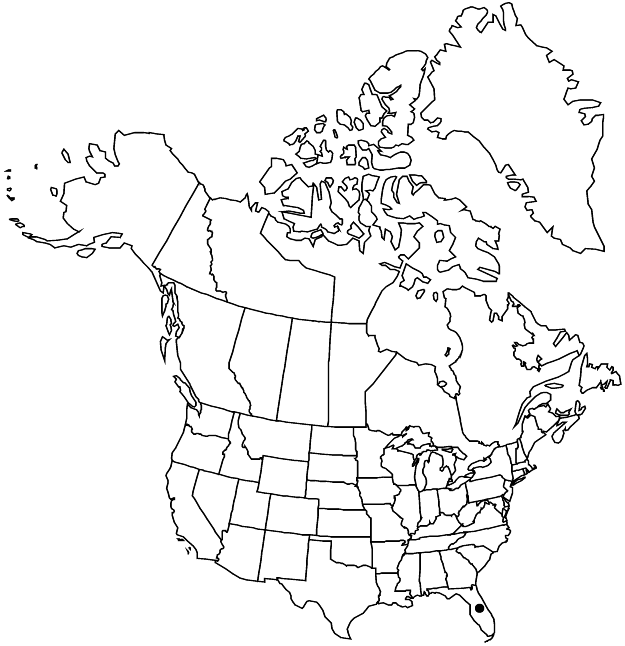Difference between revisions of "Sedum mexicanum"
Bull. New York Bot. Gard. 1: 257. 1899,.
FNA>Volume Importer |
FNA>Volume Importer |
||
| Line 31: | Line 31: | ||
-->{{#Taxon: | -->{{#Taxon: | ||
name=Sedum mexicanum | name=Sedum mexicanum | ||
| − | |||
|authority=Britton | |authority=Britton | ||
|rank=species | |rank=species | ||
| Line 47: | Line 46: | ||
|publication year= | |publication year= | ||
|special status= | |special status= | ||
| − | |source xml=https://jpend@bitbucket.org/aafc-mbb/fna-data-curation.git/src/ | + | |source xml=https://jpend@bitbucket.org/aafc-mbb/fna-data-curation.git/src/f50eec43f223ca0e34566be0b046453a0960e173/coarse_grained_fna_xml/V8/V8_441.xml |
|genus=Sedum | |genus=Sedum | ||
|species=Sedum mexicanum | |species=Sedum mexicanum | ||
Revision as of 22:28, 16 December 2019
Herbs, perennial, tufted, glabrous. Stems decumbent, branched, not bearing rosettes. Leaves in whorls of 4(–5), spreading, sessile; blade bright green, not glaucous, linear-elliptic or linear-lanceolate, subterete, 8–20 × 1.9–3 mm, base spurred, not scarious, apex blunt. Flowering shoots erect, branched, 8.5–20 cm; leaf blades linear-elliptic or linear-lanceolate, base spurred; offsets not formed. Inflorescences cymes, 20–50+-flowered, 3-branched; branches scorpioid, 2-forked; bracts similar to leaves, smaller. Pedicels absent. Flowers 5-merous; sepals spreading, distinct basally, green, lanceolate, unequal, 3.3–4.7 × 0.9–1.6 mm, apex acute; petals widely spreading, distinct, golden yellow, elliptic, not carinate, 3.3–4.8 mm, apex acute; filaments yellowish; anthers yellow; nectar scales pale yellow, obovate- to spatulate-subquadrate. Carpels erect, distinct, yellowish green. 2n = 36.
Phenology: Flowering summer.
Habitat: Disturbed areas
Elevation: 0-100 m
Distribution

Fla., Mexico, Central America, South America (Colombia), Europe (France, Spain), Asia (Japan, Taiwan).
Discussion
Sedum mexicanum was described from a specimen collected in Mexico; its closest relatives are in eastern Asia and it may have originated there.
Selected References
None.